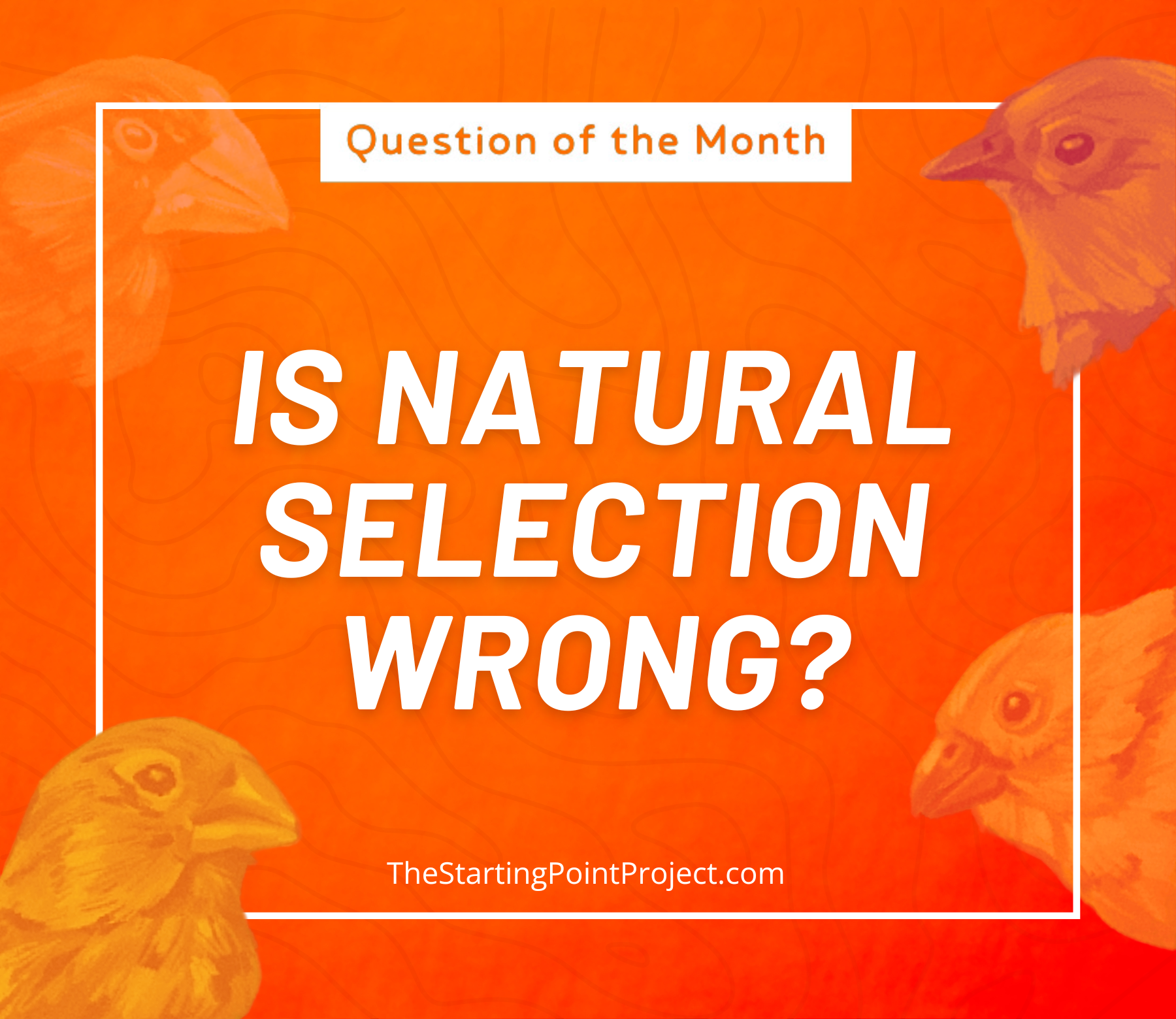Which of you has ever asked yourself that question? Probably none of you. As is often the case, my point with the Question of the Month goes beyond the question and deals with critical thinking skills.
I recently received a science-feed notice linked to an interesting article. It was from the Technology division of MSN News. The title was, “Dolphins and orcas have passed the point of no return in evolution to live on land again.”
I know you all were wondering if it was just a matter of time before that happened. Especially those dolphins–they’re just a bit too careless, and now they’ve gone too far and will probably regret it.
Does anyone sense a bit of sarcasm on my part? I hope so. I will simply use this article as another brief exercise in critical thinking.
Let’s examine a few segments of this article.
These creatures, which once roamed the land, are now so perfectly adapted to life in water that going back to their terrestrial roots is a no-go.
Really? And just what is the evidence? That is an unbelievable stretch of the imagination. But dolphins are not fish; they are mammals, so evolutionists believe they evolved from land creatures. Land creatures which themselves came from some sea creatures millions of years earlier! These animals can’t seem to make up their minds where they want to live! Yes, this is the standard narrative. Life came out of the sea onto land, and some land creatures just happened to “venture” back into the water and liked it so much, they evolved to live there permanently. And this is taught as science!
Around 375 million years ago, the first fish made their bold move from water to land, becoming tetrapods (that’s science-speak for ancestors of all land vertebrates)
These life forms made a “bold move.” Hmmm. They apparently were much more adventurous than their counterparts. I’m sure they spent much time dreaming about life in the sea. They probably read a lot of books about it and did some Google searches. And just how did they “move from land to water?” If they can’t breathe underwater, how’s that going to go for them? Oh, they just “developed” blowholes. “Hey guys, what do you say we develop blowholes? That will probably come in handy if we are really going through with this major mid-life crisis.”
Fast forward to about 250 million years ago, and you’ll find some mammals deciding to head back into the water. This reverse journey happened more than once, giving rise to whales, dolphins, and orca.
Reverse course! For whatever reason, sea life wasn’t all it was cracked up to be, so they “loaded up the family and moved to Beverly. Hills, that is. Swimming pools, movies stars.” Sorry, just a little Beverly Hillbillies humor.
You know, I was thinking, maybe I would try living in the sea. Sounds like it’s pretty easy. You just have to make up your mind, and apparently, all the necessary changes in your body happen quickly enough and on their own to make it possible. Not a chance!
These sea-loving mammals picked up several major adaptations that helped them thrive underwater. They got bigger bodies that helped keep them warm in chilly waters. Plus, they switched to a carnivorous diet to fuel their high-energy lifestyles. Their bodies also went through some pretty big anatomical changes, making them top-notch swimmers and divers.
They conveniently “picked up” several major adaptations. They “got” bigger bones. They “switched” to carnivorous diets. And their bodies “went through” some pretty big anatomical changes. Sorry for all the deeply technical terminology I am using. (More sarcasm.)
These technical terms are what we call “fuzzy words.” They convey “just-so” stories, leaving the actual details to your imagination. More importantly, they want you to assume the leading scientists have figured out all of the details, so you need not worry about it. In addition to phrases like “Could have happened,” “likely occurred,” and “possibly appeared,” there are a slew of other phrases that are commonly found in evolutionary literature:Came to be
- Emerged
- Were acquired
- Gained
- Adapted
- Happened to
- Fortuitously changed
Here’s just one final excerpt from the news article:
In our current climate—literally—where climate change and ocean pollution are huge issues, these animals might struggle with adaptability.
It was inevitable. Climate change rears its ugly head. Climate change is apparently one of the major contributing factors that is keeping these poor dolphins from ever being able to live back on land again. They won’t be able to see the Kansas City Chiefs win their third Super Bowl in a row (if that happens… to be determined as of the publishing of this article). Wait a minute. We’re told climate change is bad, and we (humans) are responsible for it. Connect the dots. It’s OUR fault these dolphins are trapped in their current environment. Just one more reason we must reduce the human population and make life miserable for those lucky enough to be allowed to live.
It will be helpful for you to keep these things in mind any time you read a scientific article, not just those regarding evolution. Try to discern what we really know from the evidence, versus their storytelling. Many scientific articles are fairly void of actual facts and consist mainly of just-so-stories.
If you have any questions about this or any other issue, please don’t hesitate to contact us!
To print a copy view PDF file.









